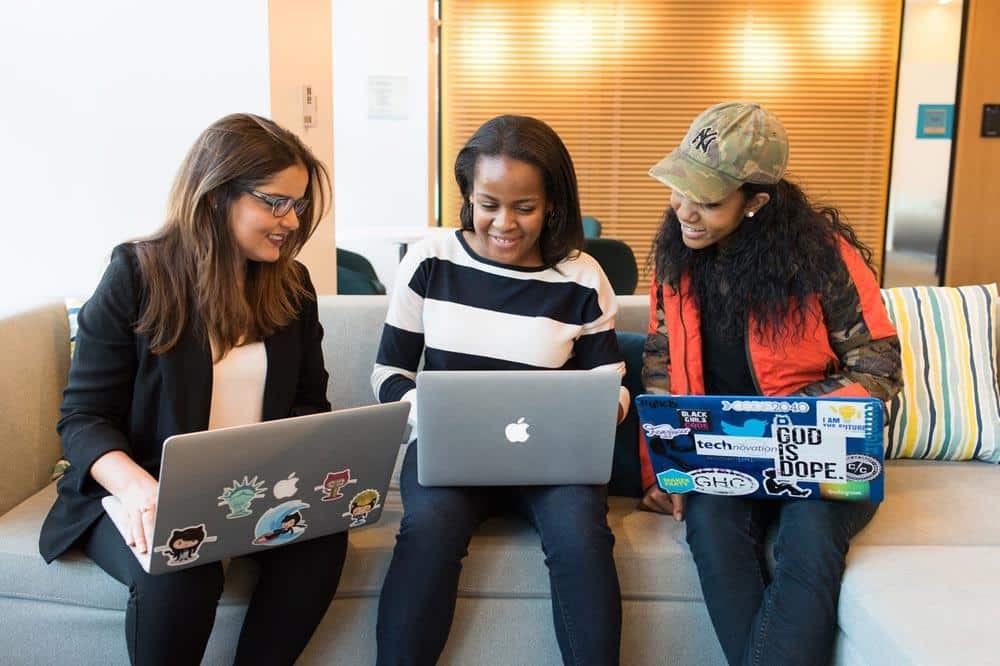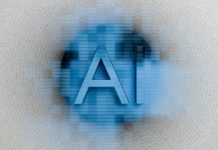To some, blockchain technology is still a completely unfamiliar field of knowledge. To others, it is a topic that they connect solely to bitcoin and possibly other cryptocurrencies. But, those who know the technology are aware of the power it holds to revolutionise almost all industries. It is for this reason that blockchain education is becoming more and more important.
Blockchain is already making its way into businesses around the globe, with several conglomerates incorporating it into their infrastructure. These corporations have budgets dedicated to ensuring that the technology is used in their companies. Moreover, several related jobs are already available in various fields.
It is clear that technology has already had a massive impact on society and has the potential to continue making changes in ways we might never expect. By this logic, it’s probably a good time to start ensuring that people have blockchain education. In this article, we discuss whether this education is that important.
What Is Blockchain?
It might be a good idea to have a quick recap of what the technology is. This might help with understanding why it is potentially revolutionary and why it might be necessary for education around it to become more readily available.
Essentially, blockchain is a digital ledger of transactions. It provides a method of keeping track of information that is decentralised. This is because the information or data stored on it is kept on several (up to millions potentially) copies of the blockchain, distributed to a wide network of computers (or nodes).
Data on the block includes transactions and details thereof, such as the date, time, participant identities, monetary value, and a unique code identifying one block from another. Blocks cannot, however, simply be created. The information they contain must first be verified and validated by the nodes.

Important to this process is the previously mentioned unique code, or rather, the hash. In verifying and validating the blocks, the nodes also add a hash. With this hash, we can distinguish between every block on the blockchain. In addition, the hash of each block is connected to the previous block’s hash and can never be changed or adjusted.
So, what makes this so special? Well, because of the way a blockchain works, the data is decentralised, information is transparent, and there is a feature of immutability. Decentralisation cuts out all middlemen and removes the necessity of a central authority, while transparency ensures that all information is available to everyone, making it almost impossible to be dishonest.
Finally, immutability means that no information can be changed after the fact. For this reason, fraud or other similar crimes in which people tamper with information are avoided almost completely.
Should We Improve Our Blockchain Education?
It’s difficult to give a definitive yes or no to whether or not we should improve education around technology since nobody can predict the future and see what’s really to come in the upcoming years. However, many have likened the prospects of this technology to the changes that the internet brought us. At first, people didn’t believe that the internet would change many things, but now we cannot live without it.
If this is true, blockchain education is of utmost importance to ensure that we, as individuals and as businesses, do not get left behind and miss out on opportunities because of a lack of knowledge. Particularly in the case of companies, modern technology is crucial.
If companies do not embrace modern technology, they usually end up in the worst-case scenario. Take Kodak, for example. The company had had major success in the photography industry, but when it had the opportunity to lead the digital photography revolution, it chose not to. In 2012, they were then forced to file for bankruptcy. Companies might face this risk if they choose not to get some blockchain education.
Let’s look at other convincing reasons to gain an increased blockchain education.

Upcoming Changes
Interoperability is getting closer and closer to becoming a reality, with various blockchains working hard to achieve this goal. For those who don’t know, interoperability will allow for interaction between various blockchains and legacy companies. In other words, more companies and businesses will be able to incorporate and interact with blockchain companies.
The likelihood of companies finding many employees who can easily make their way around a blockchain is low. As a result, many will be looking for new employees who are well-versed in the subject. As a result, companies may have to start providing blockchain education to their current employees.
Blockchain Education and The Classroom
It is becoming clearer that many tertiary institutions are contemplating adopting blockchain in one way or another. They claim that blockchain is already positively impacting the learning process. According to Bullitin, a University of Cincinnati study found that 92% of teachers agree that technology has a major impact on how students learn and interact with each other.
Further to this point, The United States of America Office of Educational Technology also notes the importance of blockchain education and blockchain technology in the curriculum. They report that the advent and rise of technology have caused them to “rethink and reimagine” a variety of the most basic aspects of their traditional education systems.
They are calling on all stakeholders (including parents, learners, and educators) to gain a blockchain education and help shape how technology is used in the classroom. This should be a massive indicator that knowing the subject is important.
For The Individuals
In terms of opportunities and income, blockchain education is a great route to take. There is a massive demand for people skilled in the area of expertise, and working in this field brings you more perks than you would expect.
Firstly, blockchain companies and start-ups have a lot of money behind them. There are big investors giving loads of money to blockchain companies, big and small. And, because the field is still new, there is not much manpower behind it. For this reason, you’re likely to get a great salary if you go this route. It’s the basic principle of supply and demand. In addition, this fact goes for both technical and non-technical roles.

Second, working in this field gives you much more flexibility than you might get elsewhere, especially in remote work or working from home. Most commonly, blockchain companies are significantly more likely to allow employees to work from home more often. It has been proven, as well, that working from home promotes a higher rate of job satisfaction and productivity.
If not for the revolutionary aspect of it all, this should be sure to get you interested in gaining a blockchain education.
Where To Find Blockchain Education
So, suppose you’re convinced that gaining knowledge and skills in the blockchain industry is attractive and important. In that case, you’re probably also wondering where you might find such an education. While there aren’t as many educational opportunities as there are for other, more traditional fields of expertise, options and opportunities are certainly available.
Various US tertiary institutions boast offerings of full degrees in the area of blockchain. Some examples of these universities include Princeton, Stanford, MIT, Cornell, New York University, The University of Illinois, Georgetown, and Berkeley.
Of course, not everyone can afford a full-blown degree; it is a time-consuming and costly thing to do. But not to worry, you can also complete various courses and certifications online. These are less time-consuming, easier to find and participate in, more practical, and more affordable. A quick search online will lead you to some great opportunities.
Getting A Blockchain Education
Many argue that because technology has not massively affected society, it is unnecessary to pressure ourselves to gain a blockchain education. And to some extent, that may be true. Nothing really forces us towards this goal, and presently it may not affect our lives at all. However, the potential it has for a technological revolution in the future should light a fire under you to get started.
Looking at the achievements of the technology thus far should be an indicator it is not going anywhere and will certainly grow much more. To get ahead of the pack, it’s probably best to have a foundational blockchain education, at the very least.










